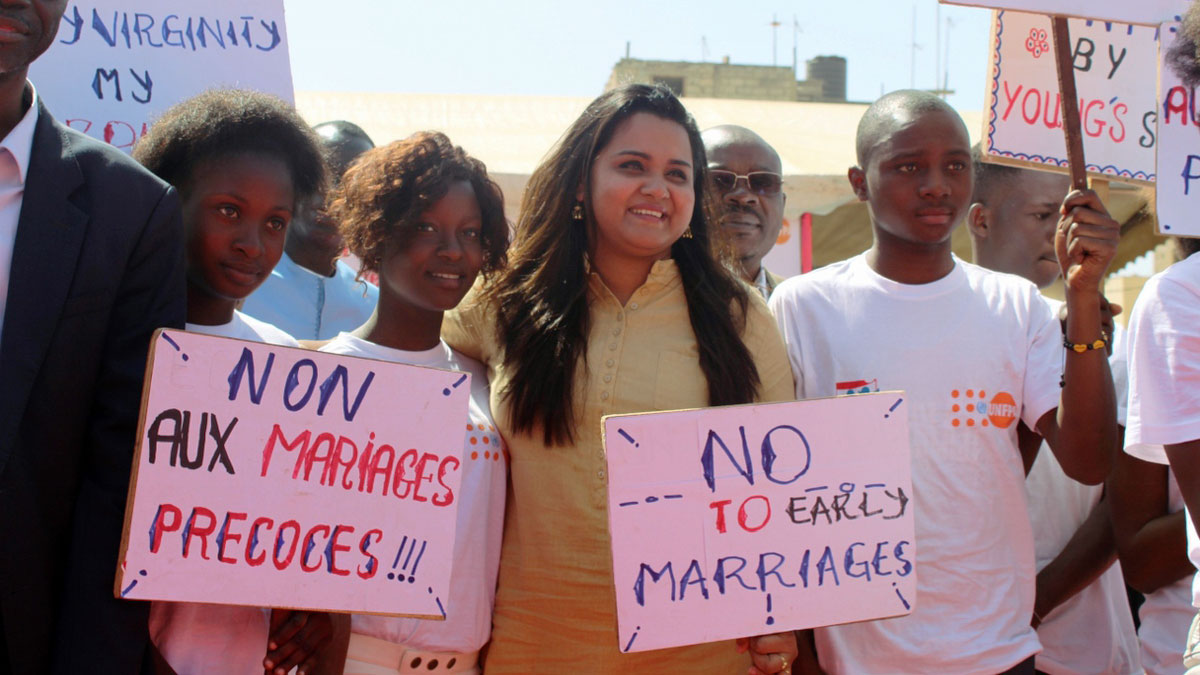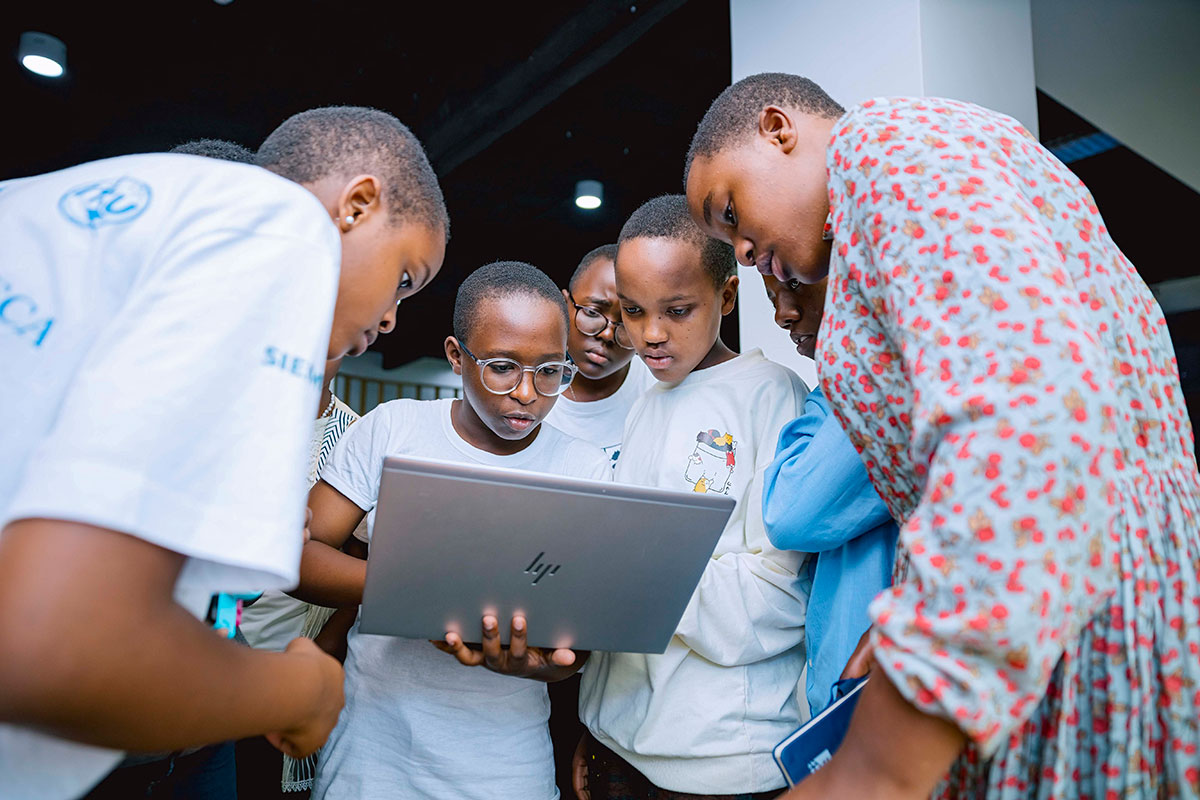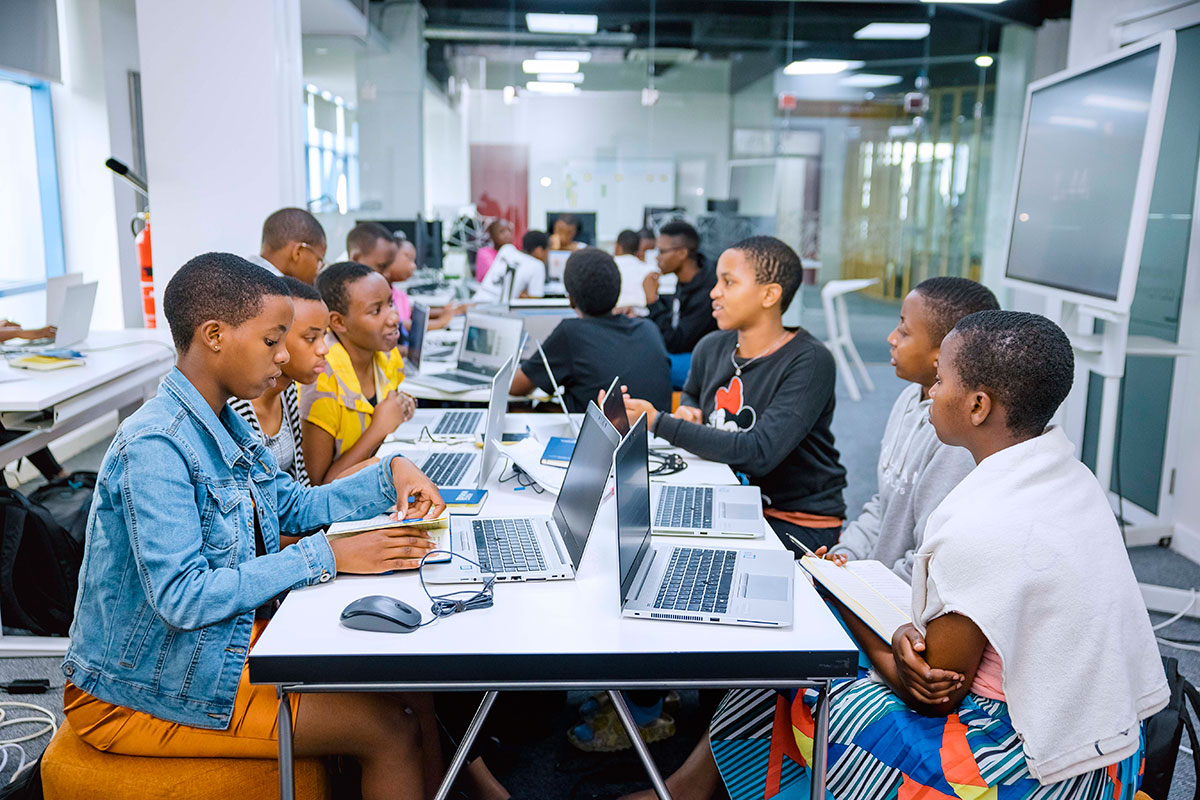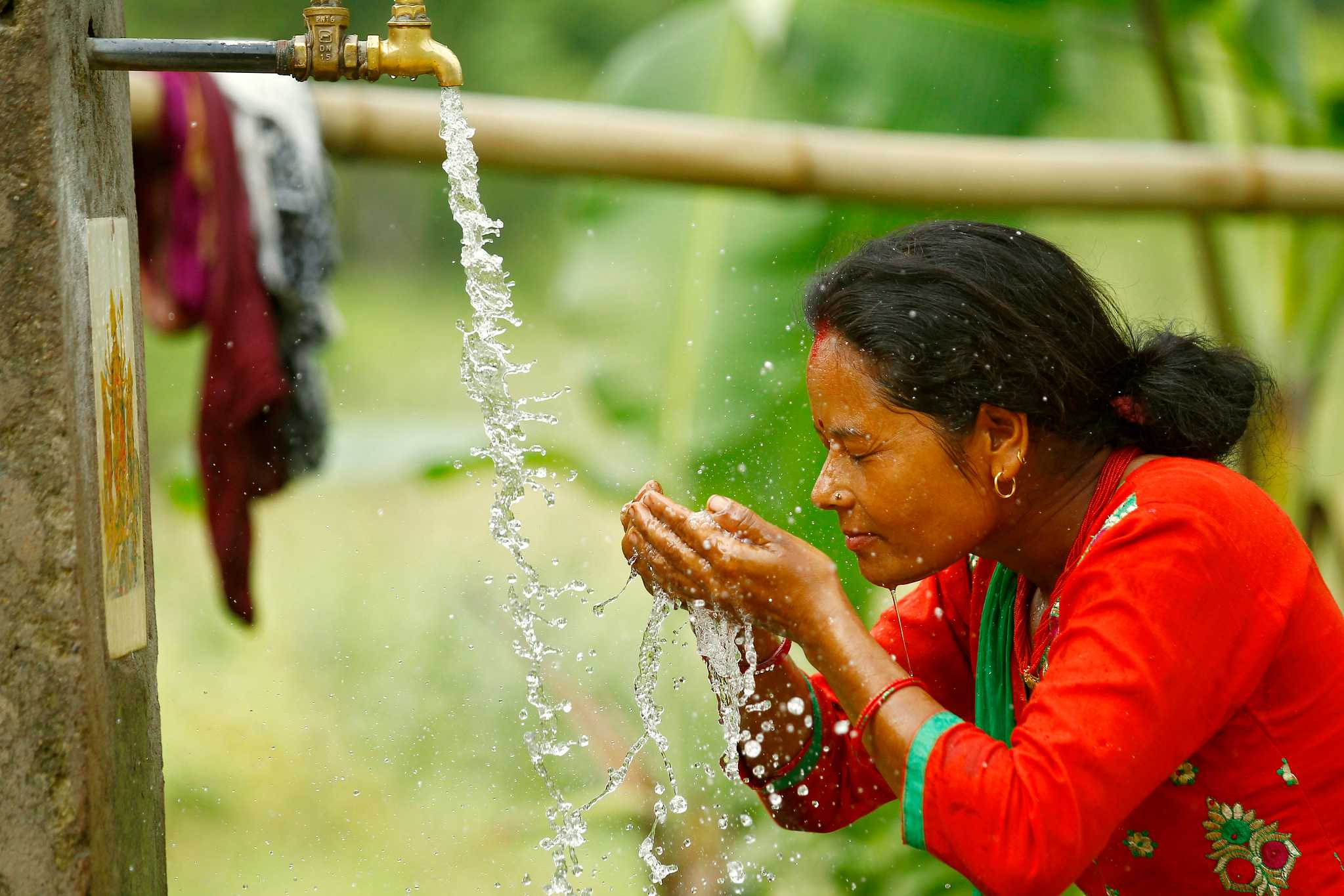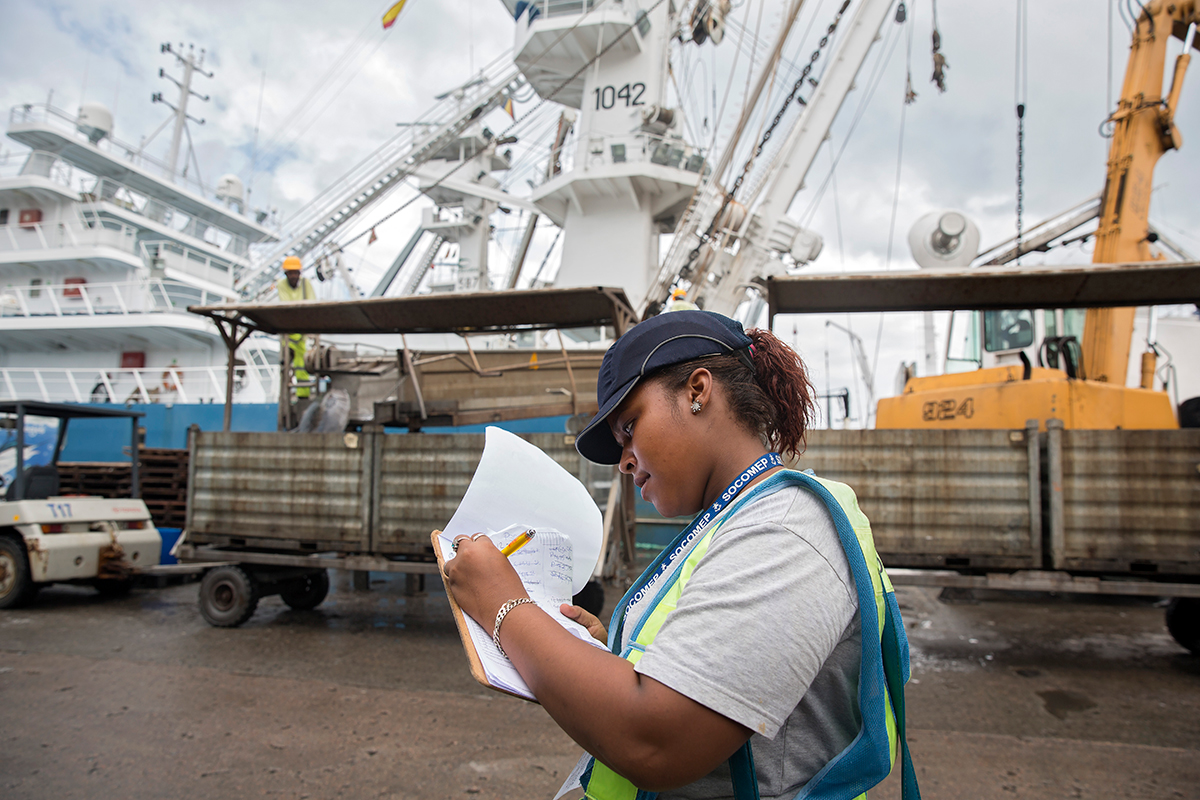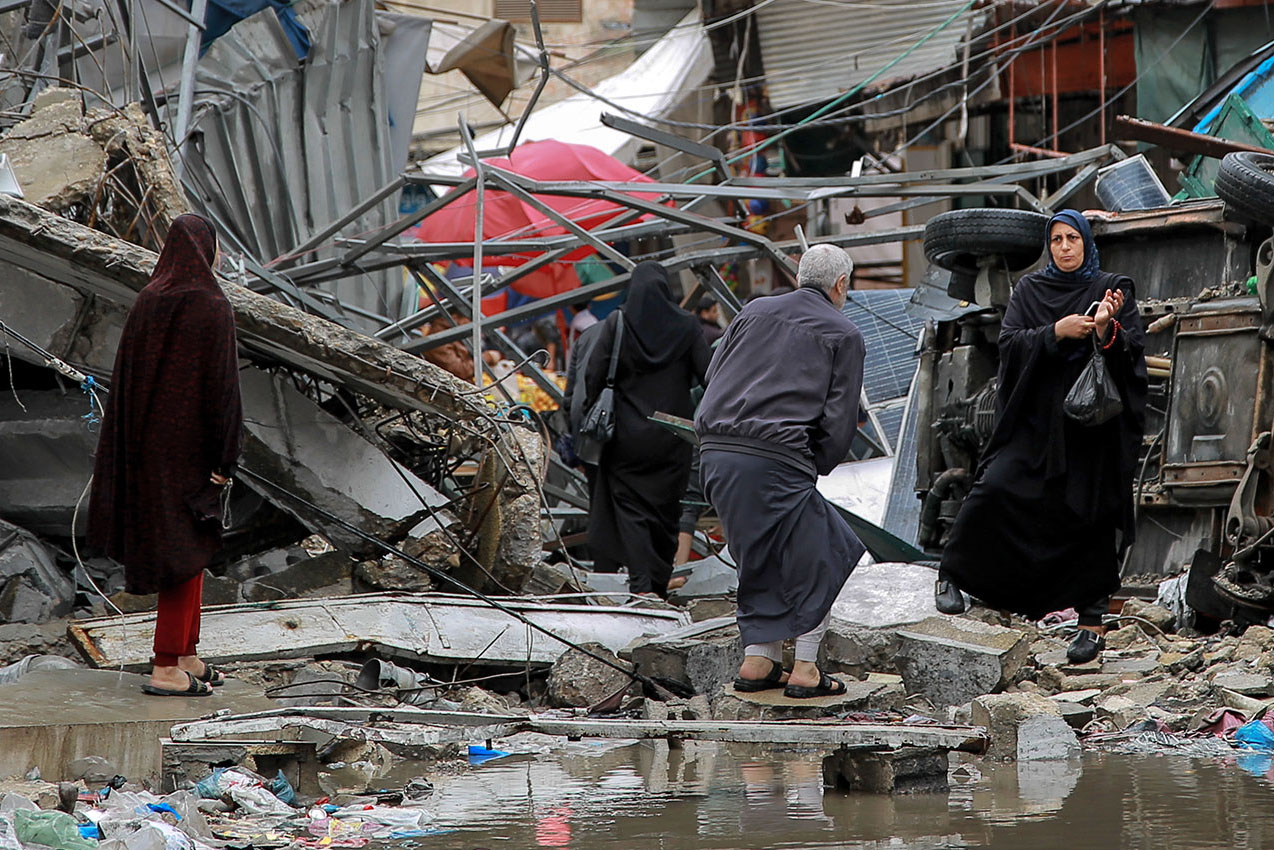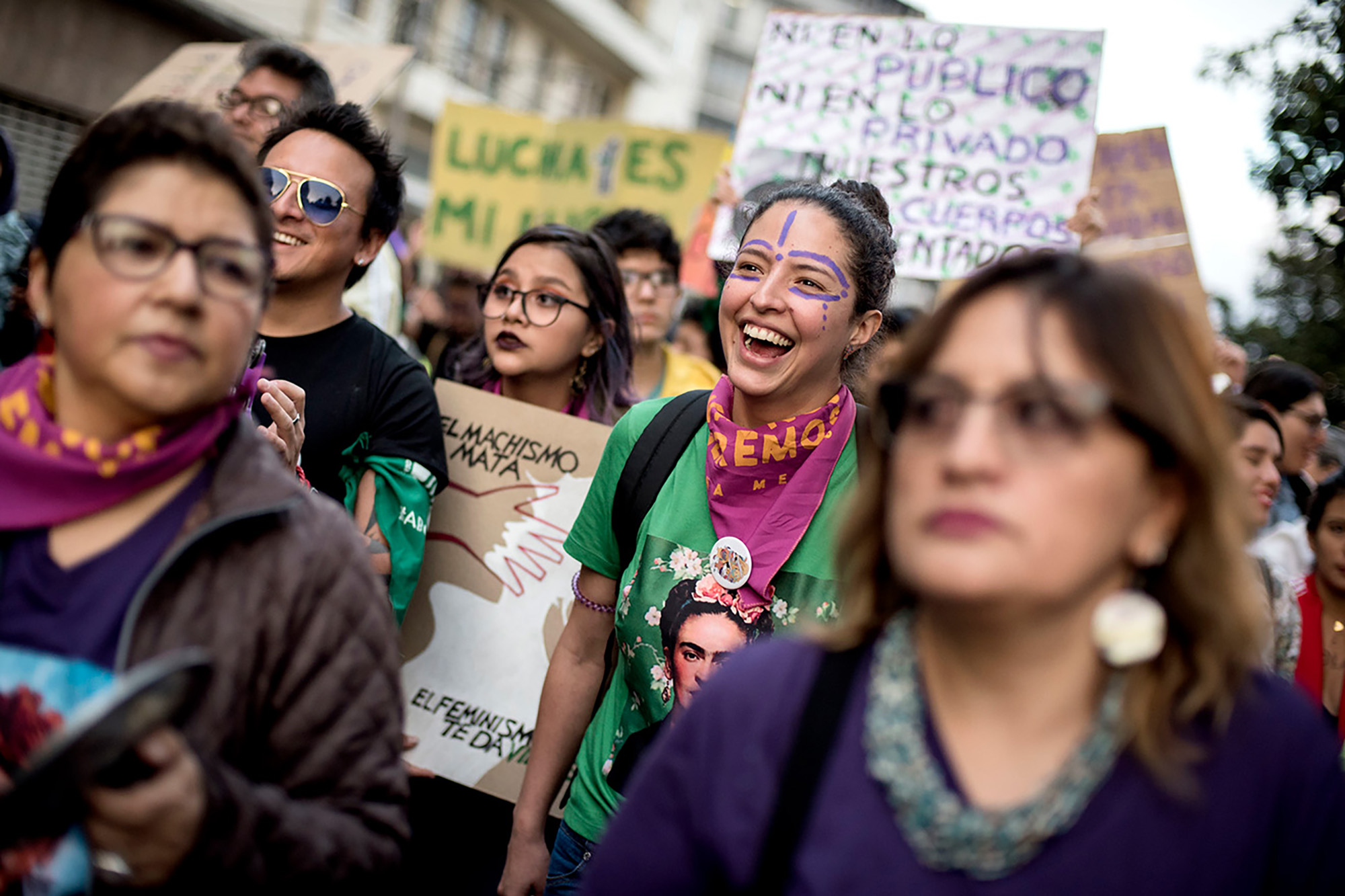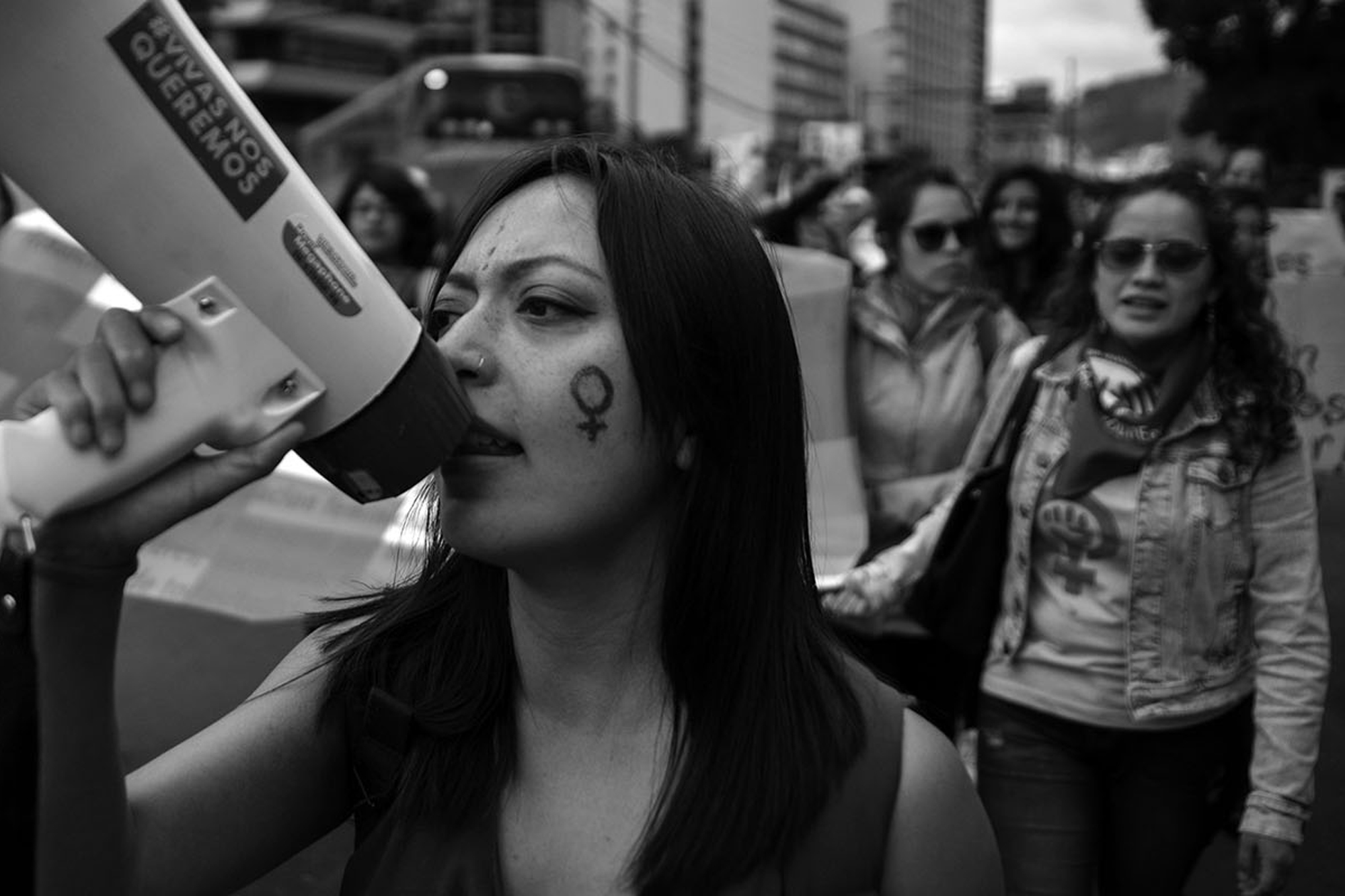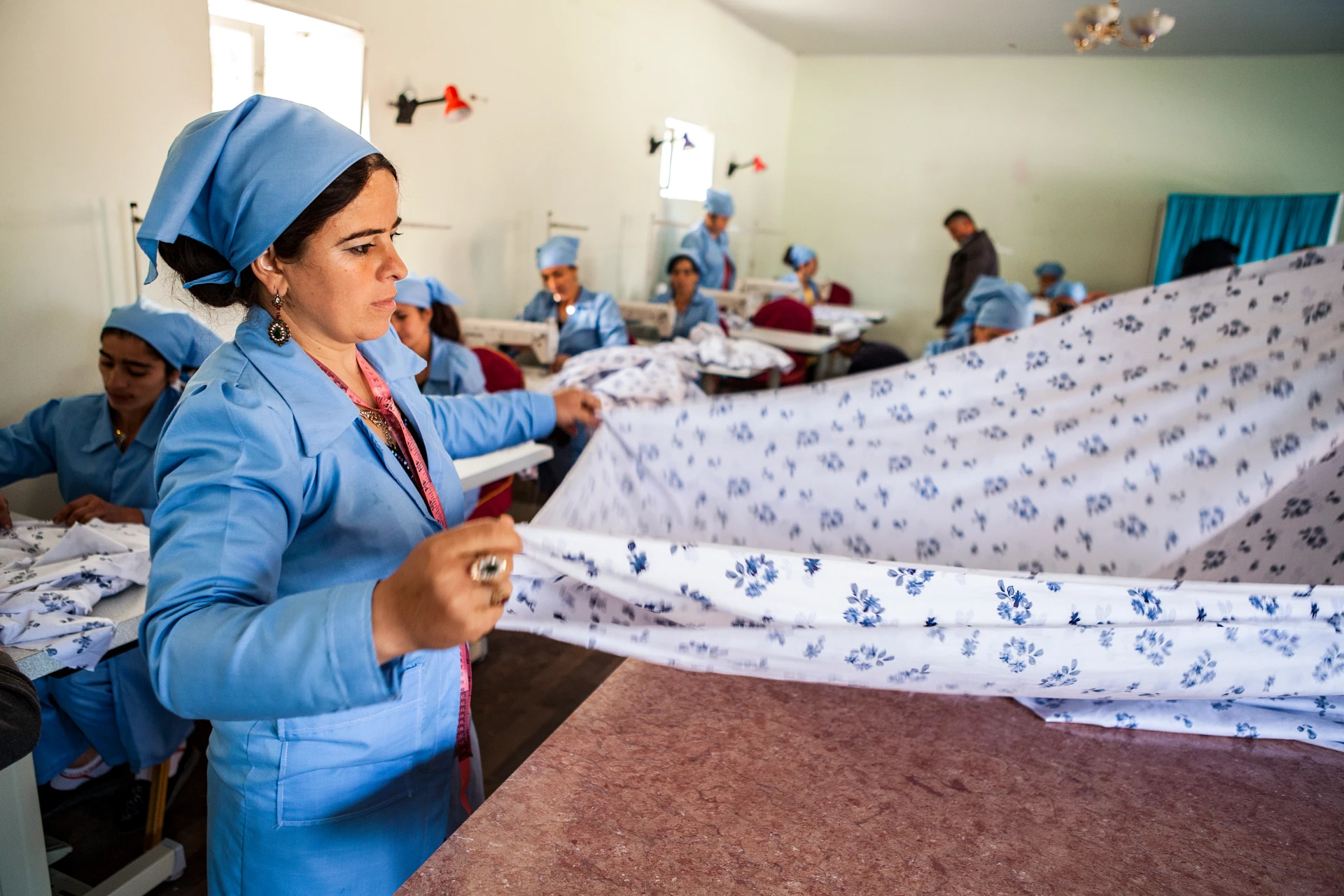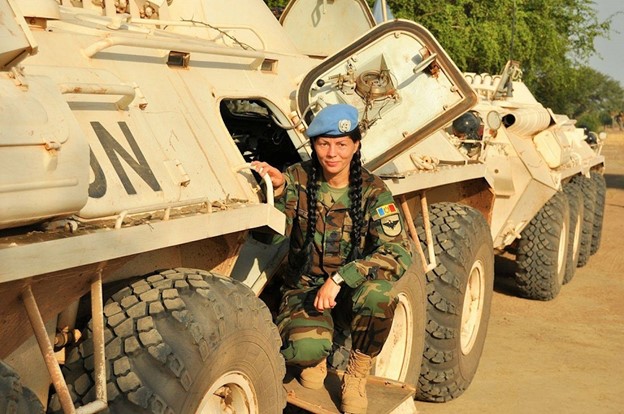Around the world and through the decades, we have all shared in the global struggle for gender equality.
UN Women
“[...] don't wait for advice. Don't wait for invitations. Just look around, you will find ways to contribute to change in your own family, in your own community, in your college, in your university and in your country.”
Appointed to a senior UN role aged just 26, Jayathma Wickramanayake’s career trajectory testifies to the power of education. Now senior policy advisor at UN Women, she is working to empower all women and girls to fulfill their potential – whatever their background.
In this episode, Jayathma reflects on the global hunger for learning, her beginnings in conflict-ridden Sri-Lanka, and her hopes for her own baby son.
"I wish that all the children and young people - you know, protesting on the streets, asking for climate justice, being arrested, being detained - I wish that they could just be children [... I wish for a world where my son ] can be light and free and not be bombarded with responsibilities of issues that he didn't have a hand in creating."
Photo: ©UNFPA/Sarah Kenyi
The world has a gender equality problem, and Artificial Intelligence (AI) mirrors the gender bias in our society. Although globally more women are accessing the internet every year, in low-income countries, only 20 per cent are connected. The gender digital divide creates a data gap that is reflected in the gender bias in AI. Who creates AI and what biases are built into AI data (or not), can perpetuate, widen, or reduce gender equality gaps. Removing gender bias in AI starts with prioritizing gender equality as a goal, as AI systems are conceptualized and built. The AI field needs more women, and that requires enabling and increasing girls’ and women’s access to and leadership in STEM and ICT education and careers. Here, young women participants work together on a laptop at during an African Girls Can Code Initiative's coding bootcamp held at the GIZ Digital Transformation Center in Kigali, Rwanda in April 2024.
Environmental journalism's vital role in highlighting climate impacts and advocating for press freedom, emphasizing the need for accurate information dissemination amid the environmental crisis.
Natacha Sangwa's inspiring journey breaks stereotypes and empowers girls in technology, highlighting the importance of mentorship in shaping an inclusive tech industry.
UN Women, partnering with a Palestinian women's NGO, offers vital aid and advocacy, ensuring women's needs are met and their voices heard amid the ongoing conflict in Gaza.
The disproportionate burden of crises, including protracted conflicts and climate change, falls heavily on women and girls, amplifying care demands that often go unrecognized.
Urgent action is needed to advance women's economic empowerment, as highlighted by the 2024 International Women's Day theme 'Invest in women: Accelerate progress'.
Approximately half of the world's 281 million international migrants are women and girls, but this demographic faces significant hazards during migration, including the risk of exploitation in domestic employment and increased vulnerability to violence.
The people of Gaza are in the midst of an epic humanitarian catastrophe. UNWOMEN offers a snapshot of how women and girls in Gaza have endured attacks and displacement.
Worldwide, nearly one in three women has experienced physical and/or sexual violence at least once in her life. Yet only 5% of government aid goes to addressing gender-based violence, and less than 0.2% to its prevention. We need more investment in women's organizations, legislation, justice and services for survivors. This International Day for the Elimination of Violence against Women (November 25) marks the start of our 16-day activism campaign, UNiTE! Invest to Prevent Violence Against Women and Girls to demand action. Spread the message: No excuse!
On 25 November, the International Day for the Elimination of Violence against Women, UN Women launches an annual UN-wide campaign. During the following 16 Days of Activism against Gender-Based Violence, the UN entity dedicated to gender equality asks governments, institutions and citizens to show how much the world cares about ending violence against women and girls under the theme "UNITE! Invest to Prevent Violence against Women and Girls. Some 736 million women have experienced physical and/or sexual violence by a partner, sexual violence by a non-partner, or both, at least once in their lives. No country is within reach of eliminating intimate partner violence.
UN Women is partnering with FIFA on two calls to action: the first to “Unite for Gender Equality” and the second to “Unite for Ending Violence against Women, critical for a peaceful and sustainable world.
According to a new global report launched by UN Women and UNDP, no country has achieved full gender parity and fewer than 1 percent of women and girls live in a country with high women’s empowerment and a small gender gap. Analysis of 114 countries has found that women’s power and freedom to make choices and seize opportunities remain largely restricted. Globally, women achieve, on average, 72 percent of what men achieve across key human development dimensions, as measured by the Global Gender Parity Index (GGPI), reflecting a 28 percent of gender gap.
Celebrating women peacekeepers
As peacekeeping has evolved throughout the years, women have been increasingly deployed in police, military, and civilian operations. Their heightened representation continues to have a tangible impact on peacekeeping environments. This year marks the 75th anniversary of UN Peacekeeping which honors all uniformed and civilian individuals who have served and continue to serve in UN peacekeeping operations around the world for their valuable contributions to peace. UNWOMEN celebrates the contributions of women peacekeepers

